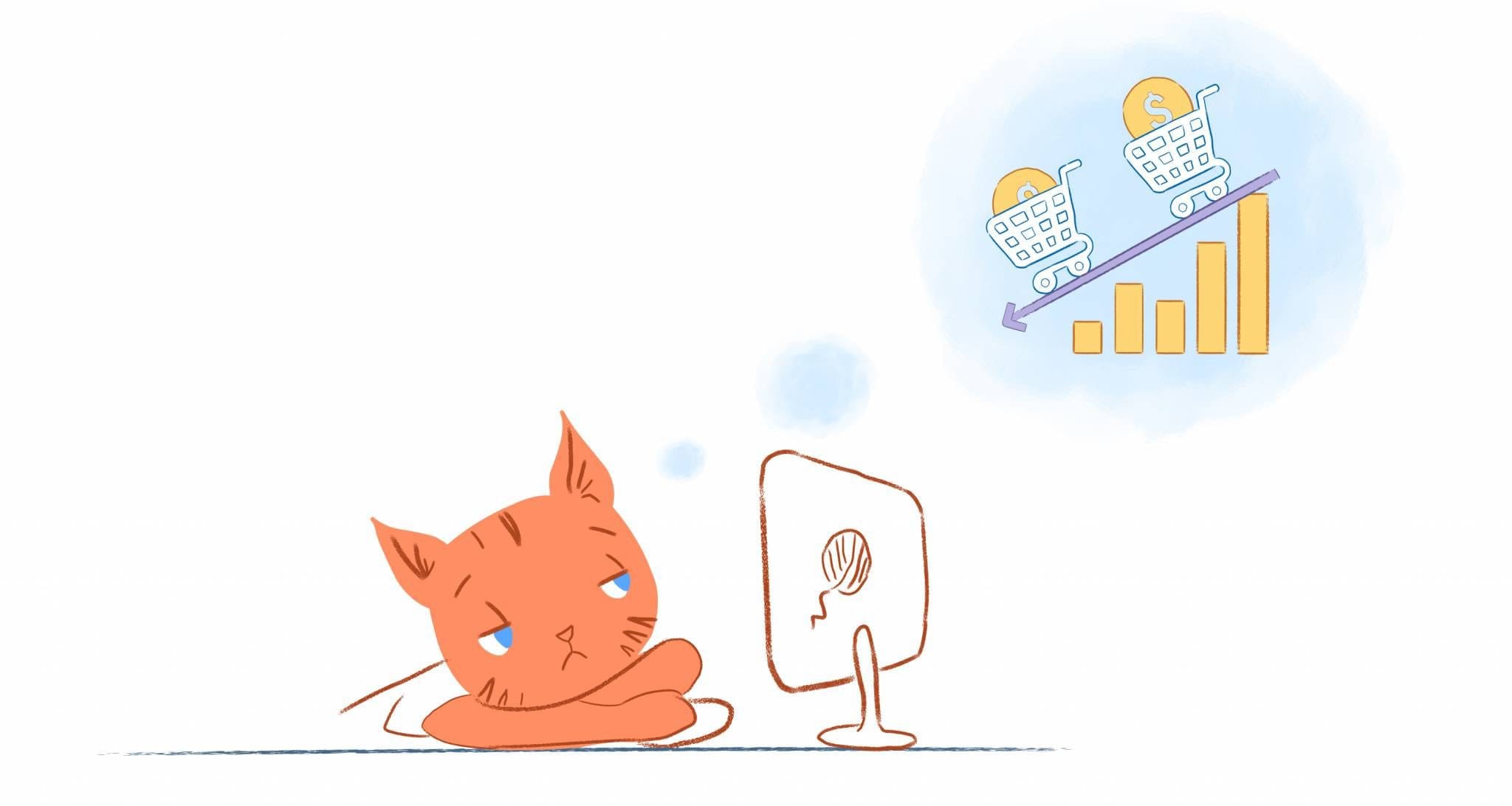

Since the pandemic, companies have had to change their employee engagement playbooks significantly to support shifting business environments. As many businesses were forced to shift to remote or hybrid workforces, employees took the opportunity to rethink their company positioning, overall job satisfaction, and personal needs.
According to the ADP Research Institute, the Covid-19 pandemic sparked a realization of the total package of what workers want, from aligning with company values to achieving a work-life balance, job satisfaction, and security to pay better pay and career progression.
Business leaders are now finding that they can engage employees to increase loyalty and retention by having a thoughtful and well-planned corporate gifting strategy in place. In 2021, the importance of corporate gifting began to catch on, as 39% of companies worked to increase their corporate gifting budgets, with the corporate gifting market expected to reach $312 billion in the next two years.
This article serves as a practical guide that offers beneficial tips to business leaders and professionals that seek to enhance the efficiency of their employee gifting programs. Personalization and thoughtful selection of employee gifts are essential in the modern business world, particularly when it comes to boosting employee morale and engagement in the post-pandemic era. Here we provide some specific strategies and tools to streamline your company’s gifting process and enable the creation of a seamless and meaningful experience for employees.
1. Make a good first impression
When it comes to making your employees feel valued and motivated in their roles, it is important to start from day one with the onboarding process. The key is to make new team members feel at home and comfortable in the workplace while demonstrating the shared values they resonate with to step forward in the right direction.
To achieve high standards of excellence as a business leader, it is essential to foster an intentional and innovative work culture that supports continuous employee improvement and engagement. Starting or ending the onboarding process by gifting something practical to new hires will not only engage them in the initial weeks on the job but will support them in their role along the way.
To create a more meaningful onboarding experience, some businesses are choosing to send new-hire packets or swag packs that add a personalized touch. In a recent Forbes article, the CEO and co-founder of Coolperx notes the importance of onboarding gifts that are well-aligned with the company’s culture and vision. With this, less is more when it comes to quality gifts. Even with a modest budget, a small, high-quality token will make a new hire feel they made the right choice by accepting the position with your company.
2. Build strong working relationships
Having a good working relationship between managers and employees ensures that operations run smoothly with greater collaboration and reduced workplace conflict. More so, it provides an opportunity for entrepreneurs and leaders to get to know each employee. Over time, managers will have a better interpersonal understanding of each employee as an individual. This will make it easier to create or curate personalized gifts throughout the year.
According to The KPI Institute, greater than 50% of corporate gifting has included making gifts more memorable and tailored to fit the recipient. This not only includes managers taking the time to craft and deliver hand-written cards for each employee on holidays or days of recognition. It also means selecting personalized gifts for employees from unique and trustworthy vendors.
One company that is making strides at helping businesses connect with their employees is Spoonful of Comfort, a personalized gifting brand that is focused on nourishing relationships. Founder Marti Wymer and her team have created a successful loyalty-forging service that has sent millions of unique comfort food care packages that can include customized notes and items for corporate occasions. Not only this, but their corporate gifting sector allows businesses to set up a free corporate account on their website for bulk orders. They can also use this for “catered” work-from-home meals– and more– for an overall streamlined ordering and receiving process.
3. Try automated employee gifting
It doesn’t have to be as impersonal as it sounds. While the gifting is automated, your gift selections won’t be. And, it shows you are invested in the long-term with your employees and appreciate them on this journey together.
The future of employee gift-giving shows us that the premium corporate gift market is significantly growing, with experts expecting a CAGR of 3.01% in the next five years. Automated employee gifting has increasingly become a popular trend among entrepreneurs and businesses. This is mainly due to its ability to reduce departmental workloads and conserve human capital for other projects.
While the phrase automated gift giving may not sound ideal, companies like Ongoody and Blueboard are showing that investing in corporate gifting and employee rewards can effectively improve employee retention rates. Since you have already built a strong working relationship with your employees, getting to know their preferences and personality, you have already been equipped with the building blocks of easily finding gifts they will love.
With saving time in mind, this knowledge will help you decide on which online gifting platform is the best choice for your company. Plus, you won’t need to worry about last-minute gift giving for birthdays and anniversaries anymore. With the help of a scheduling platform, like Smart Campaign, you can program dates to send gift cards or gifts with a thoughtful, personal message.
4. Establish a recognition program
We have already talked about building relationships with each company employee and how getting to know them can help you find the right personalized gifts. The ITA Group has taken this idea a step further by encouraging companies to revitalize the employee recognition experience by creating a personalization strategy roadmap and identifying employee personas to understand motivators and pain points.
Companies that put in the dedicated time and energy to develop a solid employee recognition program will reap the rewards of a more unified company culture in which employees feel motivated and sense of purpose. Studies have also shown that the implementation of employee recognition programs has the capacity to reduce workforce burnout and improve turnover rates by over 50 percent. Experts from Forbes also note the heightened importance of employee recognition in today’s job market, because it instills critical leadership skills that result in greater productivity and morale.
Elements to consider including:
But what makes a positive and engaging recognition program? First, consider why you are developing the recognition program and what you aim to achieve. Just like a marketing plan you want to think about your SMART goals and objectives. Additionally, you’ll want to consider what type of employee behavior you envision for achieving the company’s mission.
Next, use different methods to gather feedback about the current recognition program in place. This could be as simple as sending a survey to employees, executive teams, or human resources. This would help identify what will define a happy and productive workforce. Alternatively, discuss thoughts during one-on-one or departmental meetings. While employees can give greater insights into their personal needs and expectations, HR will determine the program’s key performance indicators (KPIs). Executives can then ensure the program aligns with company values, budgeting, and program parameters.
According to the Society for Human Resource Management, employers should include an annual evaluation process to make updates as necessary and keep employees interested in the program. As a result, this will keep them motivated to go above and beyond in their work. If your employee recognition program is falling flat, regular reviews and program evaluations will provide insights into the cause.
5. Create a Pop-Up Shop
Alongside the development of an employee recognition program, consider hosting in-house or online pop-up shops. Or, consider other incentive events for employees. Industry insights suggest that having multiple recognition and reward elements to your program encourages different levels of work ethic and loyalty. They can also be easily adapted to fit company goals, and employee needs as they inevitably change over time.
This is a great way to also support community businesses that can provide high-quality, locally-made gifts that fit your strategy and budget. Private online pop-up stores, like Neighborly Gifts, are an example of how to select locally curated products and services for your employees to choose from. Alternatively, partner with local businesses and restaurants to hold in-person pop-up shops or other incentive events throughout the year.
These events can also be great opportunities to give regular shout-outs to your employees and whole teams. You can accomplish this with fun announcements and monthly newsletters. But, pop-up shops also give you the opportunity to give employees and teams coupons that provide special discounts and free items on valuable rewards. As a result, these short-term physical stores will not only increase employee engagement and satisfaction, you’ll also be able to build brand and product awareness for the company.
Concluding Thoughts
Employee gift-giving is not simply about showing appreciation across the board. It is about creating personal and lasting connections with the people that help run your company. Streamlining the art of employee gifting at your company comes down to being prepared. And, it comes down to getting to know your employees from the very beginning of the company-employee working relationship. By being consistent and thoughtful in how you make employees feel appreciated, your company will reap the benefits of having a loyal and productive workforce in the long run.
Featured Image Credit: RDNE Stock project; Pexels; Thank you.











Deanna Ritchie
Editor-in-Chief at Calendar. Former Editor-in-Chief and writer at Startup Grind. Freelance editor at Entrepreneur.com. Deanna loves to help build startups, and guide them to discover the business value of their online content and social media marketing.